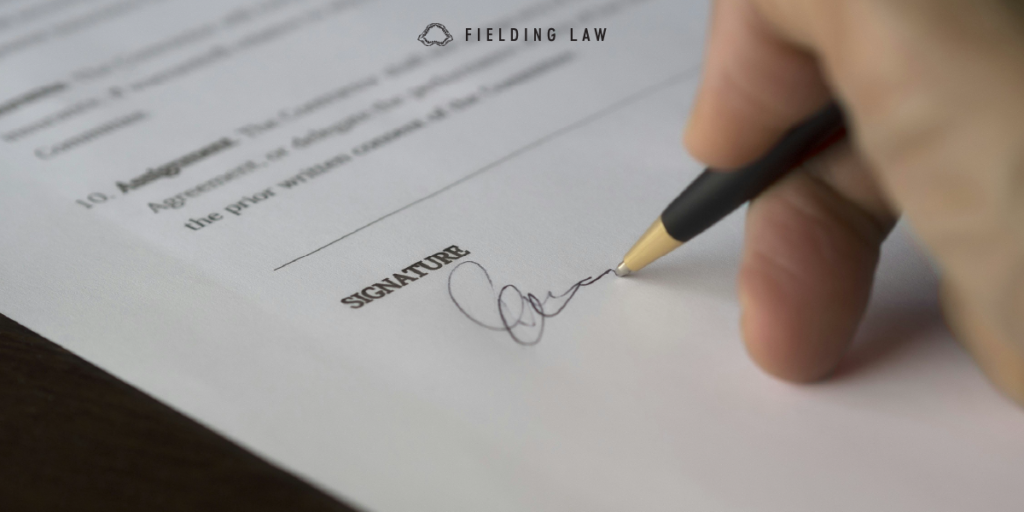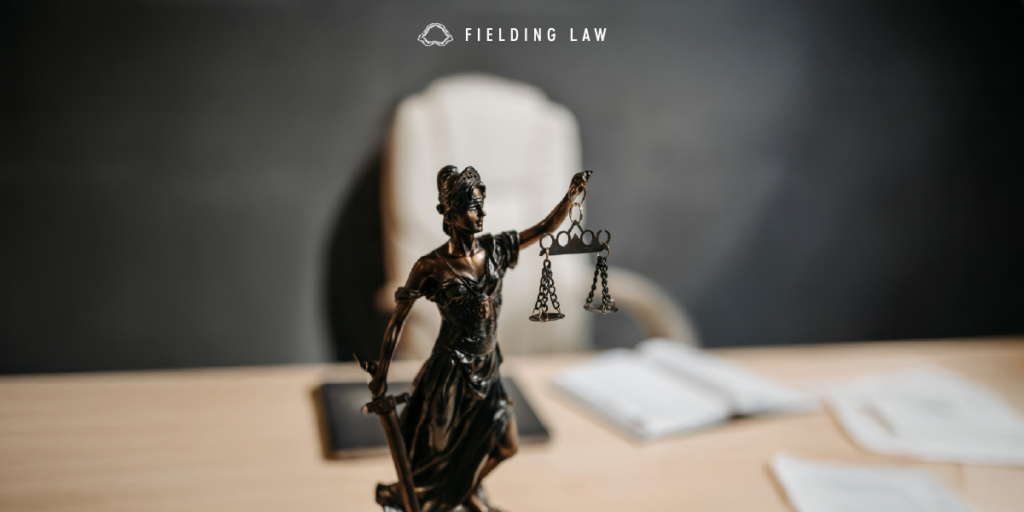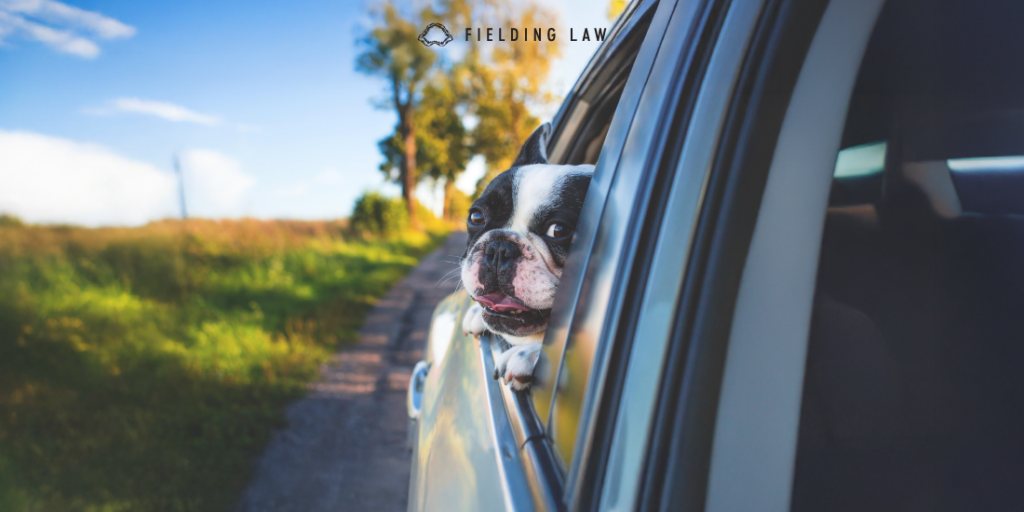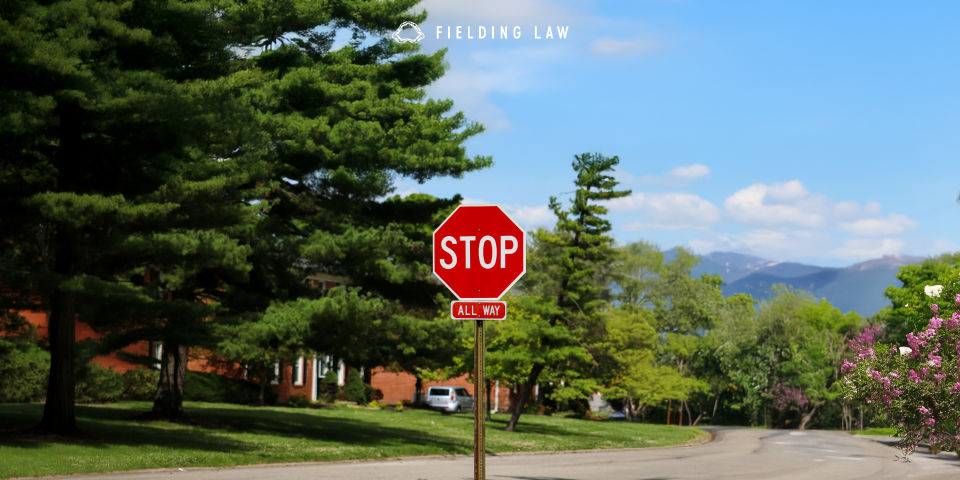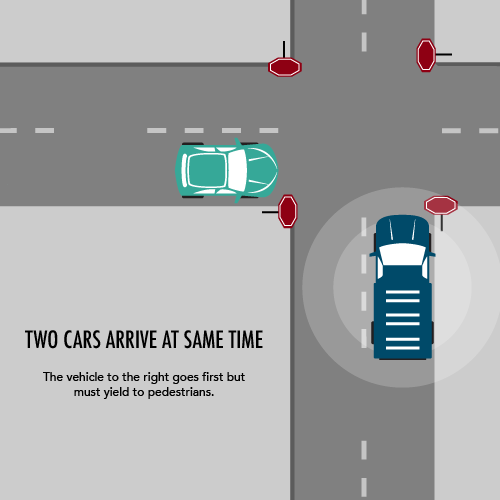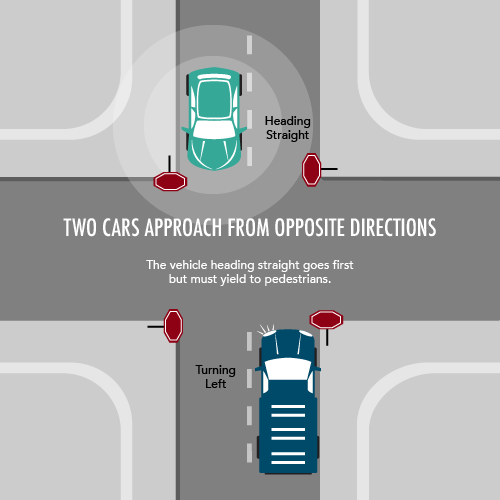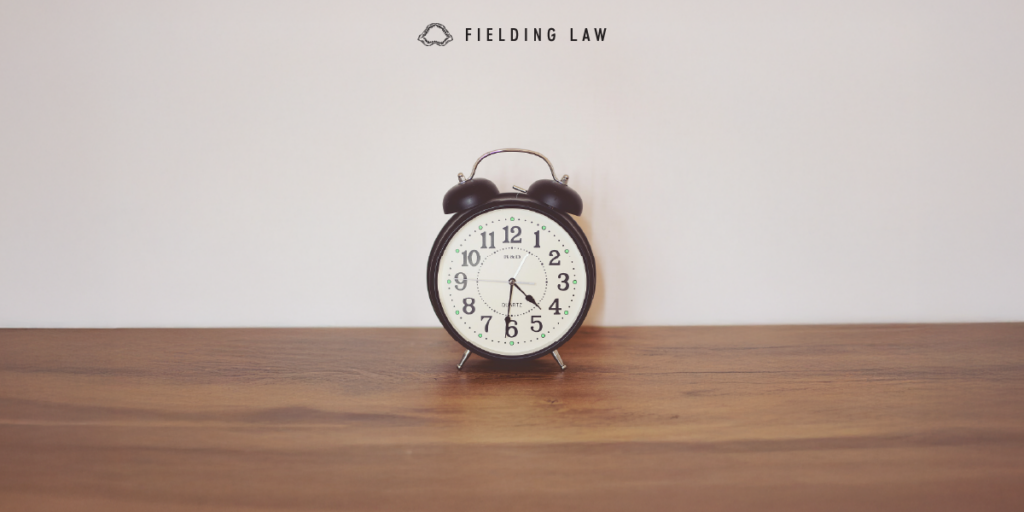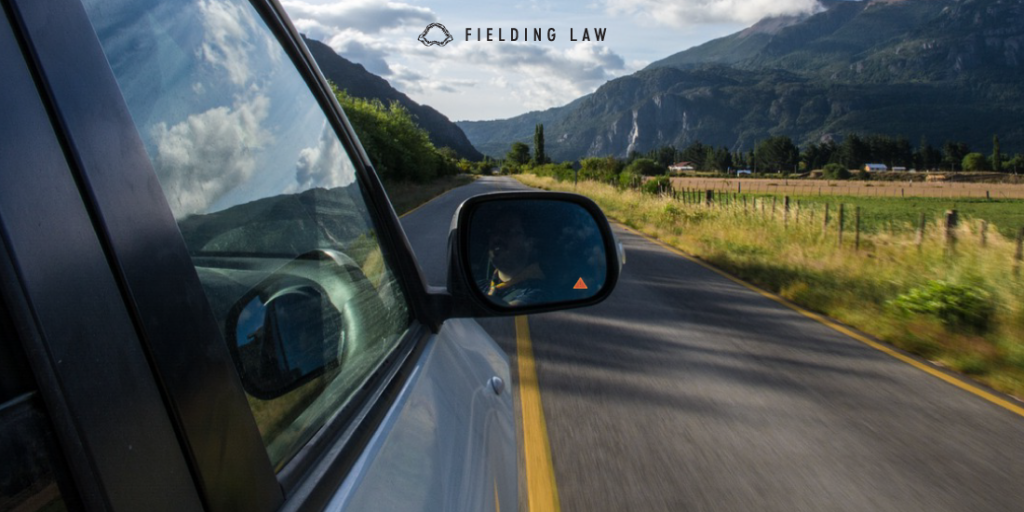
Modern vehicles may be equipped with advanced safety features designed to reduce the risk of accidents. One such innovation is the blind spot monitor, a tool that alerts drivers when another vehicle is in their blind spot. While these systems are valuable, they are not foolproof. Understanding their benefits and limitations can help you stay safe on the road.
How Blind Spot Monitors Work
Blind spot monitors use sensors or cameras to detect vehicles in areas that drivers cannot see through mirrors alone. When a vehicle enters the blind spot, the system alerts the driver with:
- Visual Warnings: Lights or icons on side mirrors or dashboards.
- Audible Alarms: Beeping sounds if the driver signals while another vehicle is in the blind spot.
- Tactile Feedback: Vibrations in the steering wheel or seat in some vehicles.
These features are designed to help drivers make safer lane changes and avoid side-impact collisions.
Effectiveness of Blind Spot Monitors
Studies have shown that blind spot monitors can significantly reduce certain types of accidents. For example:
- Improved Awareness: Drivers are less likely to miss nearby vehicles when changing lanes.
- Fewer Side-Impact Collisions: The system provides an extra layer of safety in high-risk situations.
- Support for Large Vehicles: Trucks and SUVs benefit greatly due to their larger blind spots.
However, blind spot monitors are not infallible. Drivers must still remain vigilant and use mirrors and head checks to confirm surroundings.
What Happens When Blind Spot Monitors Fail?
Blind spot monitors rely on sensors and cameras, which can be affected by:
- Weather Conditions: Rain, snow, or fog can obstruct sensors.
- Technology Malfunctions: Software glitches or hardware issues may cause false readings or failures.
- Blind Spot Size: Some systems may not cover the entire blind spot, leading to potential accidents.
If a blind spot monitor fails to prevent a crash, liability can become a complex issue involving the driver, vehicle manufacturer, or system installer.
Steps to Take After a Blind Spot Accident
A blind spot monitor failure can lead to serious accidents, leaving drivers unsure of what to do next. If you are involved in an accident due to a blind spot issue, follow these steps:
- Check for injuries and call emergency services. Safety should always come first. Seek medical attention if needed.
- Document the accident scene. Take photos of vehicle damage, road conditions, and any visible injuries. Gather contact information from witnesses.
- Consult with an experienced attorney. Fielding Law can help you understand your legal options and seek the compensation you deserve.
If you or a loved one has been injured in a blind spot accident, contact Fielding Law today. Our team is ready to fight for your rights.
Why Hire Fielding Law?
At Fielding Law, we specialize in helping accident victims navigate the legal process. Whether a blind spot monitor failed or another driver acted negligently, our dedicated team will fight for your rights. We handle everything from investigating the accident to negotiating with insurance companies, ensuring you receive the compensation you deserve.
If you or a loved one has been injured in an accident involving a blind spot, call Fielding Law at 833.88.SHARK for a free consultation. Let us help you uncover the truth and secure the justice you deserve.
Note: Information provided is for educational purposes and does not constitute legal advice. Always consult with a qualified attorney for legal concerns.
